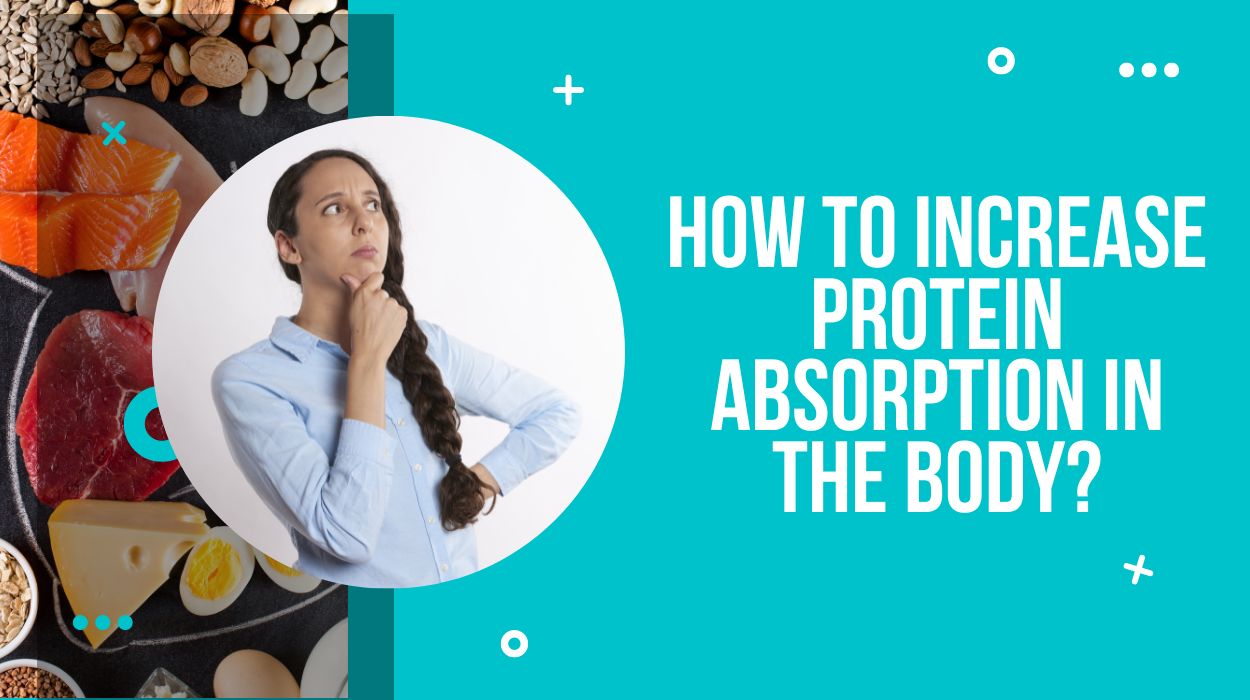Proteins are essential for our body to function correctly. Be it in getting in shape or boosting immunity and energy; proteins play a vital role.
Most people, such as bodybuilders and gym-goers, consume a protein-rich diet and supplements to build muscles and increase muscle protein synthesis. However, sometimes only a large intake of proteins doesn’t help in getting all the benefits.
Absorption and digestion play a higher role than just the consumption of proteins. If your body doesn’t absorb proteins, then you can’t attain maximum benefits.
So, what to do? Well, this article will tell you the ways to increase protein absorption. But first, let’s understand how our body absorbs proteins.
The Science Behind Protein Absorption
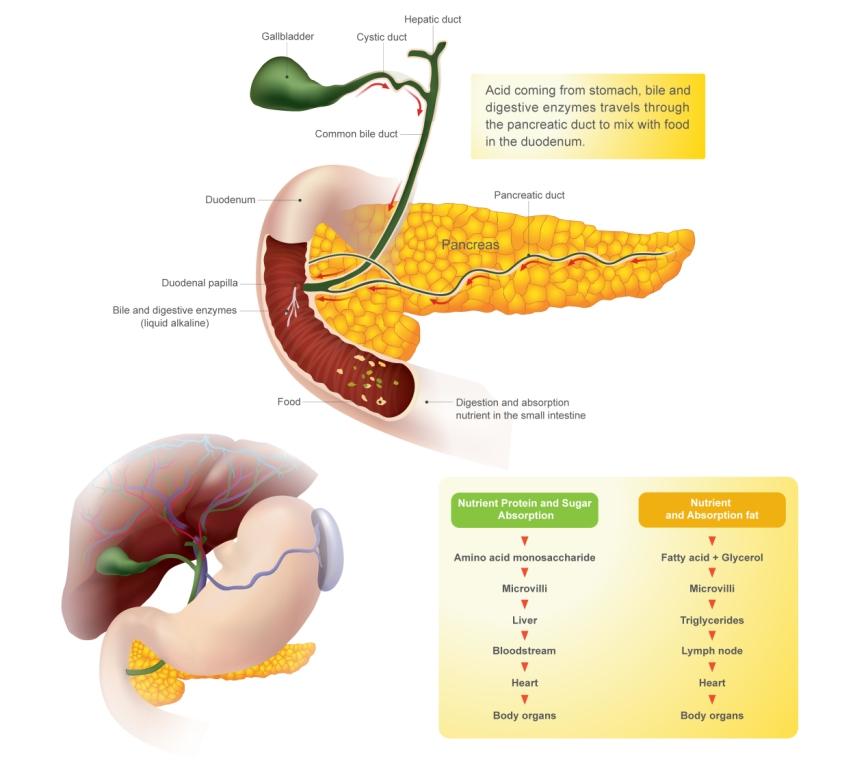
It all starts with the moment you chew your protein-rich food. Well, worry not! We will not confuse you with any complicated terminologies.
The stomach and pancreas play a crucial role in breaking down the proteins. But before the stomach, your saliva, while chewing the food, breaks down the protein into smaller parts.
Then after you swallow, gastric fluids in the stomach break down the protein further into smaller parts with the help of Hydrochloric Acid and Pepsin (Enzyme).
The pancreas releases enzymes that further break down protein into smaller chains of proteins and amino acids. Amino acids are then sent to the intestinal bloodstream and liver; then it gets used as fuel.
So, that’s how our body absorbs proteins; therefore, no amino acids will get released if absorption doesn’t occur properly. Usually, protein absorption reduces with age.
Now, let’s head back to how to increase protein absorption.
8 Ways To Increase Protein Absorption
Are you consuming proteins regularly but still getting no benefits? It’s because your body is not absorbing proteins effectively. But luckily, you can increase protein absorption through the following ways:
1. Chew Slowly
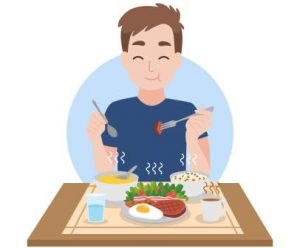
Mothers often say to their children to chew properly before swallowing food. Chewing is where the absorption starts!
But when you chew fastly, proteins reach to stomach in a rush which comes as a sudden shock to the stomach and pancreas. Therefore, they cannot break down the proteins in amino acids properly and reduce protein absorption.
You should chew your food slowly and properly to increase your body’s absorption rate of proteins.
2. Focus on Balanced Diet
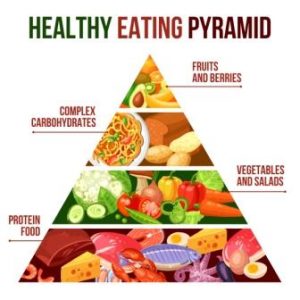
When it comes to protein absorption and digestion, other nutrients are also required. You should not consume excess protein-rich food at the cost of other nutrients such as carbs, fats, and vitamins.
According to RDA (Recommended Dietary Allowance), 0.8 grams to 1.5 grams of protein per kg of body weight is more than enough even for a person with an active lifestyle.
Eat a balanced diet, and to increase protein absorption, you should focus on consuming proteins in smaller amounts with other nutrients. Intake of a larger amount of proteins at one go will not help you with anything!
3. Consume Complex Carbs
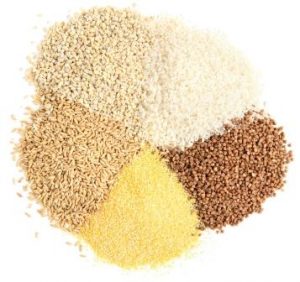
Complex Carbs (Carbohydrates) help increase insulin levels that further help absorb amino acids, improving the body’s overall functioning.
Some natural sources of complex carbohydrates are whole grain, nuts, dairy products, and starchy foods. It will surely help you increase protein absorption.
4. Eating Acidic Foods

Your body cannot absorb proteins if it has not right pH level in the internal environment. The amino acids get broken down by proteases (enzymes) in the stomach so that the body can absorb the amino acids.
You should eat and drink more acidic foods such as oranges, lemons, vinegar, and sour fruits juice to accelerate the whole absorption process. However, don’t eat in excess as it will increase the acid in the stomach that can cause stomach problems.
5. Taking B6 Supplements

As already told, all nutrients help the absorption process of proteins. Similarly, Vitamin B6 helps the enzymes carry the amino acids to the bloodstream in hydrolyzed form.
You can either consume Vitamin B6 supplements or eat fish, meats, and seeds to help your body absorb proteins.
6. Taking Protein Digestive Enzymes
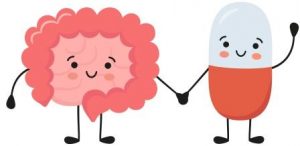
The hero of the protein absorption process is Enzymes! From saliva to the small intestine, enzymes help break down the proteins into smaller parts and helps the absorption of proteins quickly.
So, no matter how many proteins you take, if your body lacks the enzymes in the correct amount, you will not be able to avail the benefits of proteins.
It would be best to take digestive protein enzymes to increase protein digestion; many digestive enzymes supplements are available in the market.
7. Consume Protein Pre and Post Workout
Taking proteins right after or before a workout is the correct time as it helps the body get amino acids required for building muscles and recovery of muscles.
But make sure to consume it as recommended by your trainer because a high amount of proteins can lead to severe problems. (Here we are talking about both protein powders and protein-rich diet).
8. Reduce Consuming Caffeine in Excess

Excessive consumption of caffeine can directly impact the pancreas. As the pancreas helps protein absorption, caffeine can reduce the absorption process.
Also, caffeine can elevate stress levels that directly affect the functioning of the pancreas. Stress causes inflammation in the pancreas that slows down protein absorption.
But that doesn’t mean you should not take caffeine at all. You can drink tea or coffee one time a day but don’t drink on an empty stomach.
The Bottom Line
Proteins are the building blocks of life as it provides numerous benefits and helps the overall functioning of the body. But only consuming it cannot offer you all the benefits.
Absorption and digestion of proteins matter more than consumption to avail maximum benefits of proteins. You must follow the above-given ways to increase protein absorption.
That’s all for today! We hope that you liked the article and found it helpful. Do you have any suggestions or queries? Please comment below.

